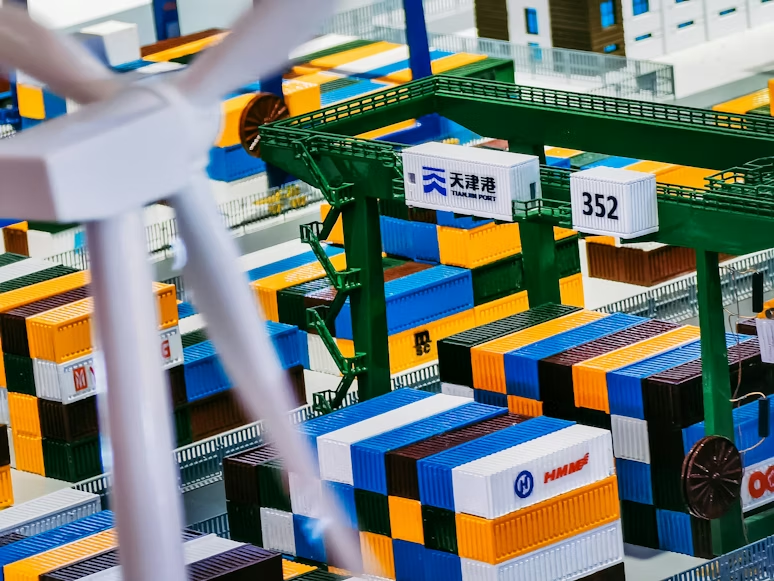The ongoing trade dispute between the United States and China, marked by tariffs imposed on billions of dollars’ worth of goods, has reverberated throughout the global economy. Its direct consequences include reduced global trade, elevated consumer prices, and disruptions in supply chains, thereby contributing to economic slowdown. Malaysia, as a small yet trade-dependent economy deeply integrated into global value chains, faces considerable vulnerability amid these tensions.
With a substantial portion of its businesses, including over 82% of large firms and nearly half of small to medium-sized enterprises, engaged in global value chains, Malaysia’s reliance on trade exposes it to the repercussions of disturbances in the Chinese market. As China stands as both Malaysia’s largest trading partner and a significant source of tourists, any disturbances in China’s supply chain significantly impact Malaysian exports.
While some foresee potential gains for countries offering substitutes for Chinese goods due to the trade conflict, often termed ‘trade diversion,’ Malaysia has yet to experience significant benefits in this regard. Despite having comparative advantages in exporting electronic components and circuits, Malaysia’s exports have not seen a material increase, and in fact, there has been a decline in total exports to the United States since the imposition of tariffs.
Contrary to optimistic projections, Malaysia has not been the primary beneficiary of ‘trade diversion.’ Instead, neighboring East Asian economies such as Japan, South Korea, Taiwan, and Vietnam have experienced notable export gains in various affected and unaffected product categories.
Similarly, evidence of substantial ‘investment diversion’ towards Malaysia remains limited. While certain sectors like electrical and electronics and machinery and equipment manufacturing have seen increased projects, official foreign direct investment (FDI) data does not indicate a clear surge in manufacturing sector FDI growth.
In light of these circumstances, Malaysia may need to take a more proactive stance to navigate the challenges posed by escalating trade protectionism. Suggestions have been made for developing countries, including Malaysia, to intensify regional economic integration efforts, pursue unilateral reforms, and uphold multilateral trade systems to mitigate the impacts of the trade war.
Efforts to deepen regional economic ties, such as ASEAN Economic Community initiatives, the Regional Comprehensive Economic Partnership, and the Comprehensive and Progressive Agreement for Trans-Pacific Partnership, could offer pathways for Malaysia to enhance trade and investment integration, amidst the persisting uncertainties of the global trade landscape.
As the prospects for a comprehensive resolution between the US and China dim and the threat of additional tariffs looms, Malaysia, like other nations, must recognize that inaction is not a viable strategy in the face of such disruptive global trade dynamics.
Get the latest supply chain report news insights at The Supply Chain Report. For international trade resources, visit ADAMftd.com.
#USChinaTradeWar #GlobalEconomyImpact #TradeDispute #GlobalValueChains #MalaysiaTrade #TradeDiversion #EconomicSlowdown #SupplyChainDisruption #MalaysiaEconomy #ChinaTradeRelations #FDI #ASEANEconomicCommunity #RCEP #CPTPP #RegionalEconomicIntegration #TradeProtectionism #ExportChallenges #ManufacturingSector #ForeignInvestment #EconomicReforms #TradeResilience #MalaysiaExports

















